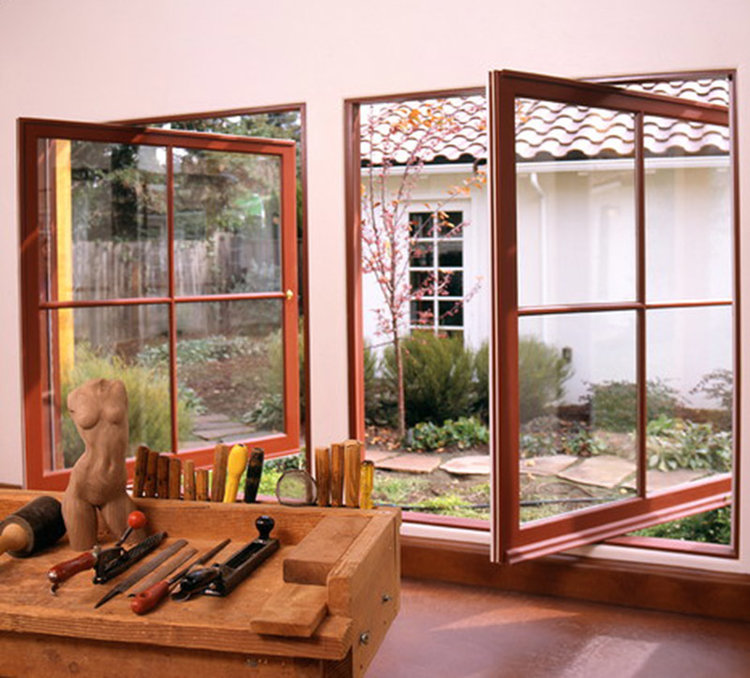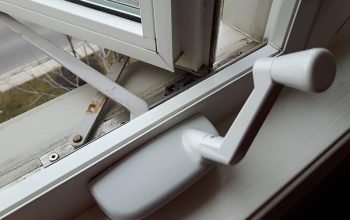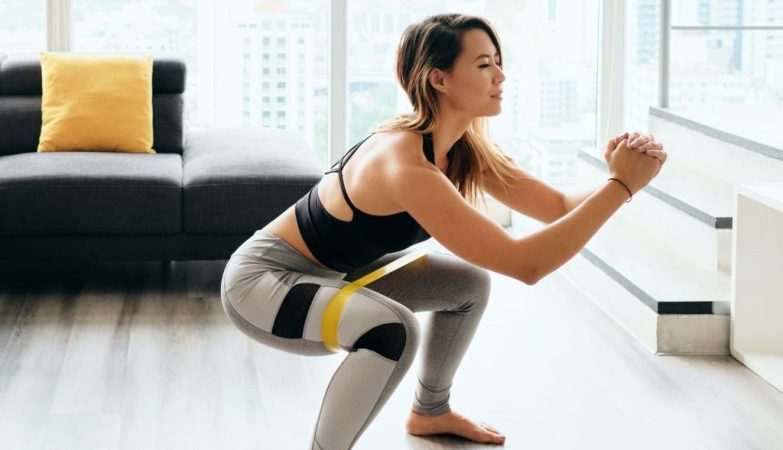Windows are a key element of our home, on the one hand they allow us to be in relation with the outside, enjoy the environment, fill our spaces with light, but at the same time they must protect us from the inclemency of the weather and not be a foyer for the that we lose the heat of our house in winter or the freshness in summer. That is why we must pay special attention when choosing windows of our home, or choose them in the case of renovation. For this, it is best to trust expert advice and follow their instructions. Here we leave you some 5 keys when choosing and setting up good windows for your home.
Choosing Windows Material PVC, Aluminum or Wood?
Basically, these are the 3 materials that we can choose for our windows. Nowadays the use of PVC is very widespread since it is cheaper and among its properties is that it is not a good conductor of temperature, that is, PVC itself insulates well. However, there are equivalent solutions in aluminum (always with thermal break) and even in wood.
The main difference between aluminum windows and other PVC is that, in the first, we can have a finer profiles, however in PVC the profiles (the window frame) are usually thicker, which will leave less space with glass. On the other hand, if we talk about very large windows, we may be forced to choosing windows aluminum because it is more resistant than PVC and can withstand larger and heavier glass.
Wood is possibly the most expensive option from the economic point of view, but it also has a very good behavior. Remember that wood is non-conductive material by nature, a good thermal and acoustic insulator. If we have old wooden windows in the house, we may be interested in changing the glass and restoring them and keeping the frame, all of this as long as the fittings and the entire closing system work properly (it is important that they maintain water and air tightness).
We can also find windows that combine aluminum (on the outside) and wood (on the inside). We must not forget that wooden windows require more intensive maintenance (protective varnishes and other treatments) than PVC or aluminum.
Types of Opening
The type of opening of the window is also important if we want to optimize the welfare and energy consumed in our home. As a general rule, we should know that the windows with flap closing are more hermetic than the sliding ones. Sometimes, in enclosures that give access to a terrace or an outdoor garden, we may be interested in a sliding door solution for aesthetics, a good option in choosing windows for these cases are the elevator slides or the parallel, which have a more airtight closure than the standard ones, although they also have a higher cost.
As we have already said, if what we are looking for is a good thermal-acoustic insulation it is best to avoid sliding windows and place swinging, tilt-and-turn or even pivoting.
Choosing Windows with Shutter or without Shutter
The blind is typical of the Mediterranean culture. Without a doubt, it is the best system to guarantee total shading or darkening of the interior of a room. In short, they are a good system to regulate the amount of light that enters our home. In recent years they have also established themselves as a good anti-theft system thanks to security blinds, better and more aesthetic than traditional grilles.
Putting or not blinds in the windows will depend above all up to you and the use that we will give to each room. For example, in a room a blind is not completely necessary. We must also take into account that a badly placed blind, badly sealed or with a badly executed box can generate problems of thermal bridges, air leaks or acoustic bridges. It does not help to put some very good windows if they are accompanied by a system of poor quality blind or poorly placed.
If we want to place blinds in the windows, it is best to choose a compact solution in which blinds and windows are one piece, which guarantees optimal operation of the whole from the thermal and acoustic point of view. The blind box must incorporate thermal insulation and have a tight seal, ideally is that they are motorized because the manual closure with tape is another weak point and can be a drain of cold, heat or noise.
Another option is to separate the blinds from the window. In this case the blinds are usually hidden in the facade itself, an architect will design a good constructive detail so that the interior that houses the roll of the blind has no thermal or acoustic bridges. If you are choosing windows with this type of solution has the advantage that the blind box can be completely concealed inside the front wall.
Choosing Windows Glass
Glass is another of the essential and critical components in a window. Today, we all have clear that it is better that the glasses are doubled and separated by an air chamber. It is not uncommon to find triple-glazed windows, even more insulating than double glazing.
If we choosing windows to work optimally, we must know that, at a minimum, we will need a double glass. In the chamber that is formed between the two glasses we can introduce a noble gas (such as Argon) that will make the window isolate even better, since they are less conductive gases than the air of standard composition. In addition, we can go further and ask that the piece that separates the two glasses, called intercalation or spacer, instead of being metallic is made of PVC (we will reduce even more the transmittance of the glass). Of course if we add a third glass we will reach the most demanding standards regarding the quality of the window.
But the orientation is also important, the glasses must have different treatments depending on where they are oriented. Windows facing north and south must have glass with a high solar factor (> 50%). However, the east and west orientations must equip solar control glasses. In general, it is recommended that all glasses are, in addition, low emissive. Finally, if the windows overlook a very noisy street, we can equip the glass with an acoustic sheet or, at least, equip the window with two glasses of different thicknesses, thus its frequency of vibration will be different and better isolate the noise.
Passive Systems
Sometimes for a lot of equipment that we incorporate in the windows, it is not enough to get good conditions of well-being inside. Therefore we must always consider the possibility of incorporating passive systems according to the orientation of each window. It is best to consult the recommendations of an architect to know how to place and design eaves, awnings, pergolas or other systems in the most appropriate way.
As a last recommendation, we must be aware that there is no use for a good window with the best glass if it is not properly installed. As a general rule, while choosing windows, it must be installed flush with the thermal insulation of the facade and the perimeter of the facade must be carefully taken care of so that it is not a source of leaks or generates thermal bridges. The installation is a very important point that must be taken care of millimeter, if we have commissioned a project to an architect, either reform or new work, this will elaborate a constructive detail that guarantees a correct installation.












